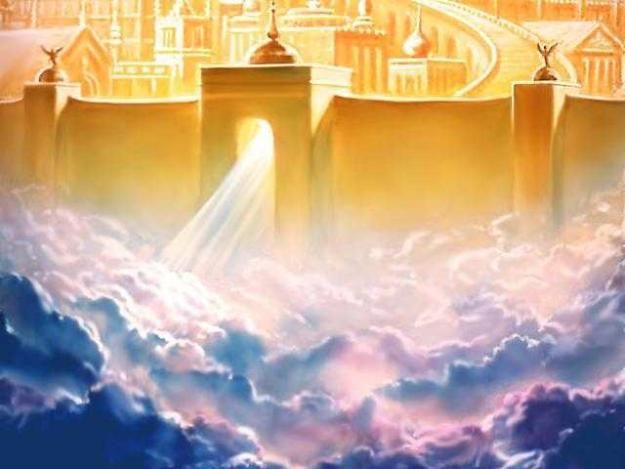
The Old Testament, which is the first part of the Jewish Scriptures, has various passages that address the topic of death. Here are some of the main points:
- Death is a consequence of sin: In the book of Genesis, God warns Adam and Eve that if they eat from the tree of knowledge of good and evil, they will surely die. After they disobey God’s command, death becomes a reality for all humans.
- Death is a separation of body and soul: The book of Ecclesiastes describes death as the moment when the “dust returns to the earth as it was, and the spirit returns to God who gave it” (Ecclesiastes 12:7). In other words, death is the separation of the physical body from the soul/spirit.
- God is sovereign over death: The book of Job teaches that God is in control of life and death. Job says, “The Lord gave, and the Lord has taken away; blessed be the name of the Lord” (Job 1:21). In other words, even though death may be difficult to accept, ultimately it is part of God’s plan.
- There is hope beyond death: While the Old Testament doesn’t provide a lot of details about what happens after death, there are some hints of an afterlife. For example, in the book of Daniel, it says that “Many of those who sleep in the dust of the earth shall awake, some to everlasting life, and some to shame and everlasting contempt” (Daniel 12:2).
- (Daniel 12:13) is the final verse of the book of Daniel in the Old Testament. It says, “But go your way till the end. And you shall rest and shall stand in your allotted place at the end of the days.” This verse is a conclusion to the vision that Daniel had been given about the end times and the resurrection of the dead. The phrase “go your way” implies that Daniel should continue with his life and not worry about what he has seen. The phrase “you shall rest” is a reference to Daniel’s death and his eventual resurrection. The phrase “allotted place” suggests that there is a specific place for each person in God’s plan and that Daniel will be included in this plan. Overall, Daniel 12:13 provides a sense of comfort and assurance that God is in control of the future and that there is a place for each person in His plan.
Overall, the Old Testament views death as a consequence of sin, a source of grief, and ultimately under God’s sovereign control. (Ecclesiastes 9:5) says, “For the living know that they will die, but the dead know nothing, and they have no more reward, for the memory of them is forgotten.” That means that when we die, we have no consciousness. However, there is hope that there is something beyond death, and as mentioned before, there will be a day of Judgement and those who are with God will rise again.
The Hope of Resurrection: The idea that God has the power to raise the dead to new life is a recurring theme in the Old Testament. For example, in Job 19:25-26, Job says, “For I know that my Redeemer lives, and at the last, he will stand upon the earth. And after my skin has been thus destroyed, yet in my flesh, I shall see God.” This passage expresses Job’s hope that he will be resurrected to see God in the future.
Resurrection Prophecy: Some of the Old Testament prophecies speak specifically of the resurrection of the dead. For example, in Ezekiel 37:1-14, the prophet has a vision of a valley of dry bones, which God causes to come back to life, representing the restoration of Israel. Similarly, in Daniel 12:1-3, Daniel sees a vision of the resurrection of the dead, some to eternal life and others to eternal judgment.
Resurrection in Psalms: Some of the Psalms speak of the hope of resurrection, such as Psalm 16:9-11, which says, “Therefore my heart is glad, and my whole being rejoices; my flesh also dwells secure. For you will not abandon my soul to Sheol, or let your holy one see corruption. You make known to me the path of life; in your presence, there is fullness of joy; at your right hand are pleasures forevermore.”







